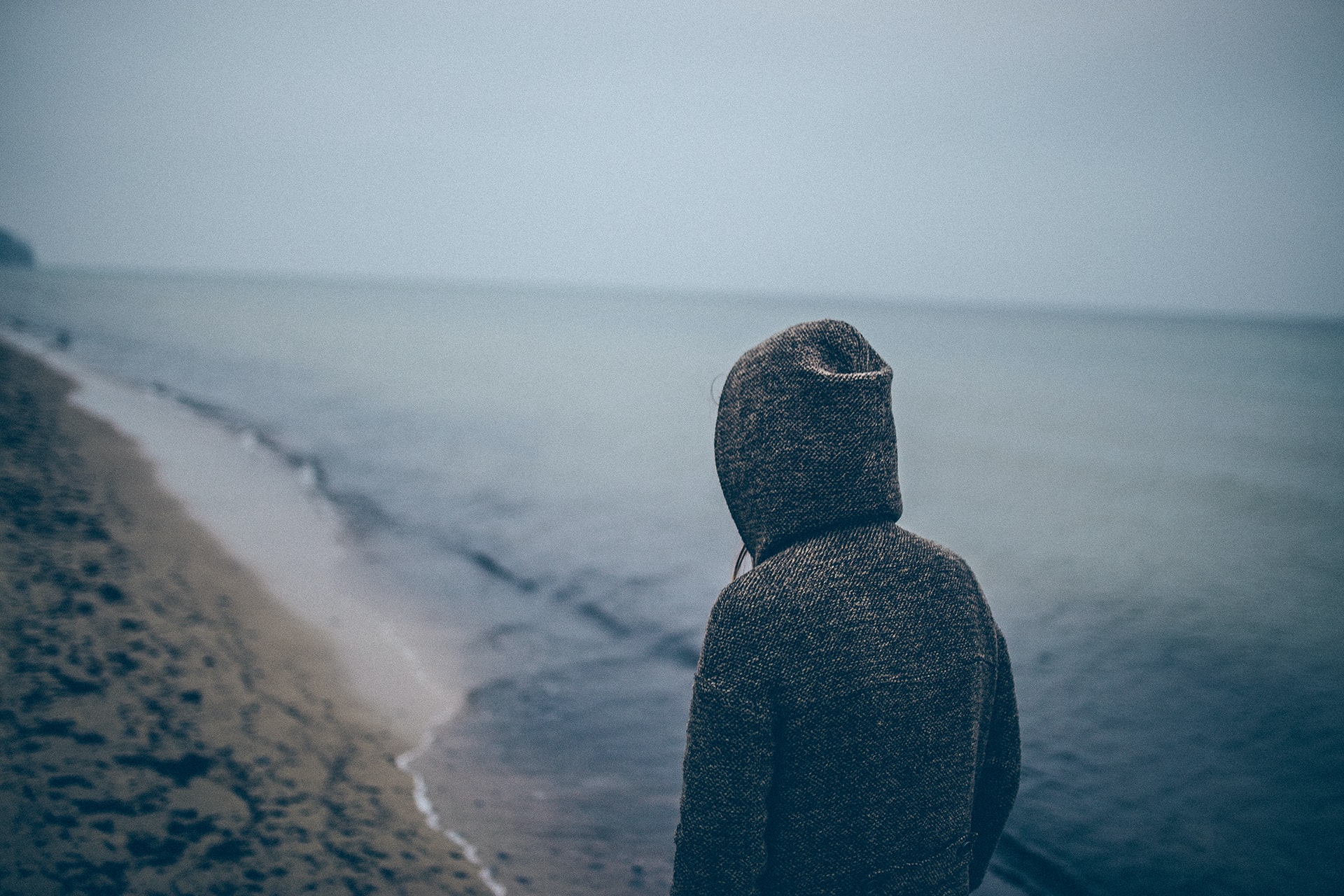


San Diego has kept in line with a disturbing trend; overdoses and opioid use is up among younger people, and overdoses are a frequent cause of 911 calls. In fact, according to the San Diego Police Department, officers responded to 100 more overdoses in 2020 than the prior year. And although people are staying home more, addiction isn’t taking a break.
Arrests of people on opioid-related offenses related to overdose phone calls are up by nearly fifty percent. (Police sometimes arrest users who remain with a person who has overdosed if they possess drugs or if they or the overdose victim has outstanding warrants.)
Opioids are a popular street drug but also highly addictive. There has been a surge in addiction as the pandemic has drawn on. Users of opioids may have evolved from other addictions or gateway drugs. Some people become addicted to a prescription from a doctor, while others purposefully will misuse a drug to numb or entertain themselves. Some people who overdose have relapsed from a long-term stint in recovery.
Boredom, loneliness, and anxiety during the pandemic have caused an uptick in almost all addictive behaviors. People are using more drugs to self-medicate troubling feelings. Many people have felt despair and depression with economic loss. All of the above can be factors contributing to substance use disorders.
People in their 20’s and 30’s have been dying at a higher rate during the pandemic, however, experts note that these numbers were already rising in late 2019. Overdose victims from opioids in the past year usually have had fentanyl in their bloodstream, a drug that is fifty to one hundred times as strong as morphine.
While some people use fentanyl on purpose, many users are unknowingly exposed to it through illicit drugs. Some dealers will add it to cocaine or pass it off as Oxycontin. Because it is harder for drugs to flow across borders due to the COVID-19 pandemic, drug dealers have been fentanyl to add “punch” to the drugs they sell.
People who relapse on opioids and other narcotics are statistically more likely to overdose. There are many reasons for this. For one thing, many people, especially during COVID-19, are using opioids all alone. If they overdose, nobody can call for help for them. People who have abstained for years will also use the amount of the drug they used to use, believing they will still tolerate it. Instead, they overdose because the drug is too strong.
Preventing relapse saves lives. A good aftercare program or sober living program can help you or your loved one stay sober in the long-term and learn to live life on life's terms without the use of substances.
If you or somebody you love has a problem with alcohol or drugs, help is available! While COVID has changed some procedures for starting the treatment process, recovery is still very much open to everyone!
Relapse prevention is another important component of staying sober. A structured, caring, sober living environment helps many people get sober and achieve long-term recovery.
At By The Sea Recovery, we offer the best sober living experience in California, creating a place of growing, learning, and respect for everyone who walks through the doors. We want to help you stay sober and offer camaraderie, structure, and tools for your journey. Get in touch by calling us at 760-216-2077. We’re happy to answer questions!
